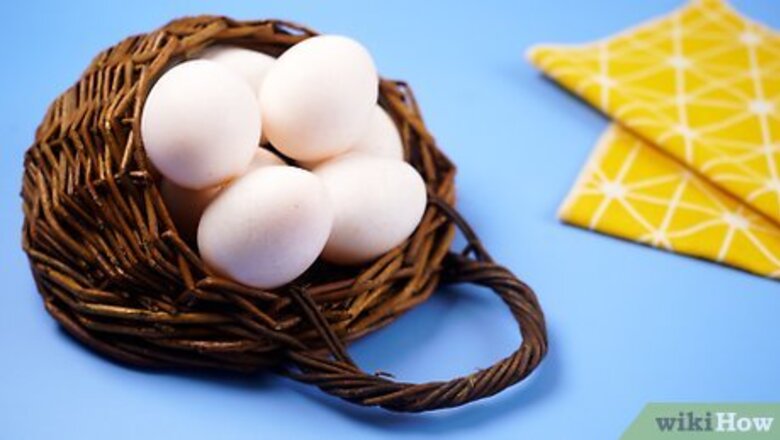
views
Should you wash eggs before incubating?
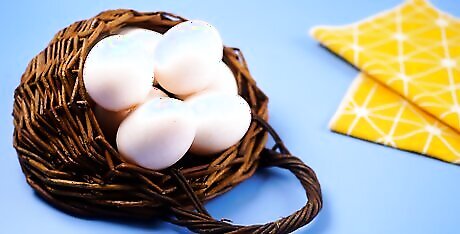
Don’t wash your eggs unless they’re extremely filthy. Eggs have natural defenses built into the shell that keep bacteria from getting inside. Washing the egg is more likely to damage these defenses than it is to help anything. There’s nothing wrong with hatching an egg with a little dirt or dust on it, so don’t worry about keeping your eggs sparkling clean while you’re storing them. Eggs should be stored for at least 3 days before you incubate them. If you’re worried about your eggs getting filthy in storage, close the lid on your egg carton or place some loose hay or paper over them. If you’re worried about contaminating your clean eggs, you can always incubate your dirty eggs and clean eggs separately.
How can I clean an egg if it’s really dirty?
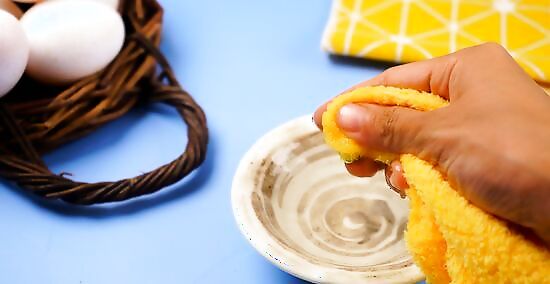
Dampen a soft cloth with water that’s slightly warmer than the shell. The warm water will cause the shell to sweat any dirt out without damaging the embryo. Gently wipe the surface of the egg and use as little pressure as possible to get any debris off. Wipe off any moisture with a dry cloth before putting your eggs back wherever you’re storing them. Alternatively, you can buff the shell with some ultra-fine sandpaper to remove any debris. However, this can crack and damage the shell, so work slowly and carefully if you go this route. Never use cold or room temperature water for this. Hot water may damage the egg as well. Never use any cleaning solutions, soap, or chemicals. They’re just going to damage the egg.
Can you incubate eggs that have been washed?
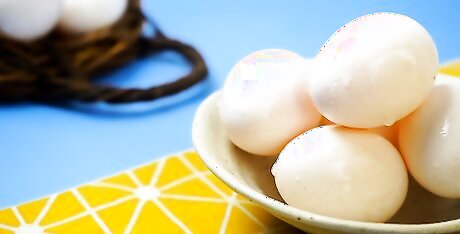
Yes, so long as they’ve been thoroughly dried and you’re storing them properly. A washed egg isn’t ruined or anything. The only eggs you shouldn’t incubate are the eggs that are cracked, misshaped, or unusually big or small. These eggs are highly unlikely to hatch, and they may make the other eggs sick if there’s a bacteria or disease affecting them. The act of washing an egg doesn’t automatically make it unhatchable, but it can put the egg at risk.
How do you prepare eggs for incubation?
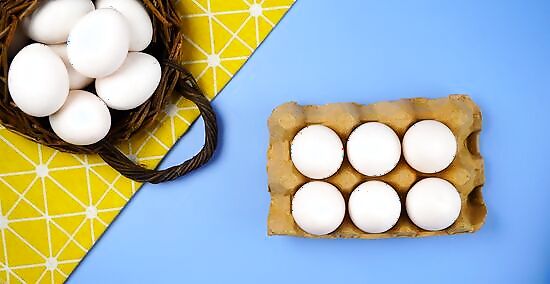
Store the eggs in an area that’s 55–60 °F (13–16 °C) at all times. Keep the humidity between 70-75%. Every day, turn your eggs by hand a little to keep the embryo from getting stuck to the side of the shell. Store your eggs for up to 10 days before you start incubating them. If you store them for longer than that, the odds that your eggs hatch drops significantly. Wash and dry your hands before turning the eggs to make sure you don’t accidentally get any germs on the egg shells. Sanitize the incubator and let it run for 2-3 days before you take your eggs out of storage. Other than maintaining a stable temperature and humidity, you don’t need to do anything special to prepare the eggs for incubation. Just make sure you let the eggs warm up to room temperature (70–80 °F (21–27 °C)) and remove any cracked eggs right before you incubate them.
How can you tell if eggs are fertile before incubation?
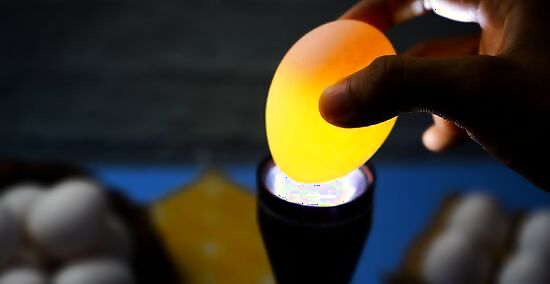
You can only tell which eggs will hatch after 10 days of incubation. To do this, get a bright pen light or flashlight and turn the lights off. Pick an egg up carefully and shine your light inside of the shell. If the shell is white, infertile eggs will glow like a lightbulb, while healthy eggs will be dark. If your eggs are brown, healthy eggs will have a small reddish area that kind of resembles a spider. Infertile brown eggs will have a hollow red ring instead of a cluster of vessels, sowing no development. This is known as “candling” your eggs. If your white egg lights up or your brown egg has a red ring, toss it. It’s infertile and it won’t hatch. On top of that, if contamination caused the embryo to die, keeping it alongside your other eggs may put them at risk.















Comments
0 comment